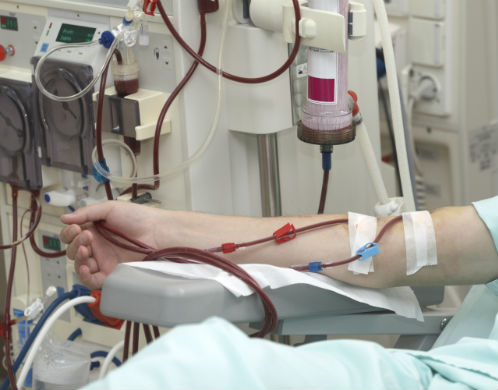
Project lead, Dr Rob Gregory
People with diabetes on haemodialysis often find difficulty in accessing specialist care required for the management of their glycaemic control and complications of their diabetes. This is partly because they are attending dialysis units on a regular basis and may not have time or feel well enough to attend other services. Furthermore, when they do attend in primary care there may be an assumption that their diabetes and its complications is being managed by the specialty renal service or hospital diabetes service but this is not always the case. Therefore, people with diabetes on haemodialysis often receive suboptimal care. Guidelines were published in 2016 by Joint British Diabetes Societies in conjunction with the Renal Association aimed at defining good quality care for a person with diabetes on haemodialysis. These guidelines have been disseminated widely but there is no evidence that they are being used to improve the care of the person with diabetes on dialysis. The Diabetes Care in Haemodialysis (DiH) group is being supported to define core standards, to audit their implementation and to provide educational tools as well as engaging with haemodialysis staff to disseminate good practice.
An award of £2,000 was made to support this project. This is matched funding with Diabetes UK, Renal Association & Kidney Care UK.